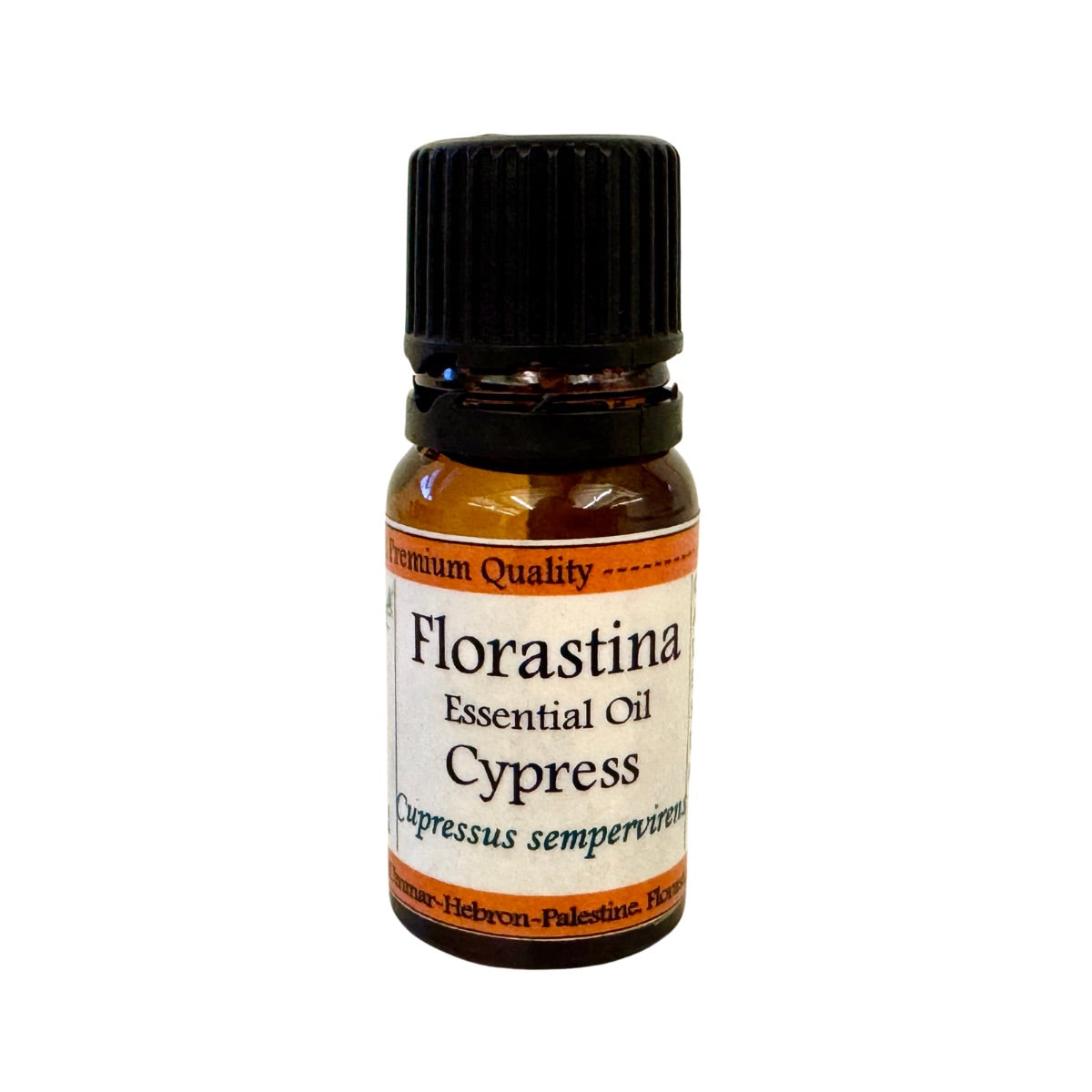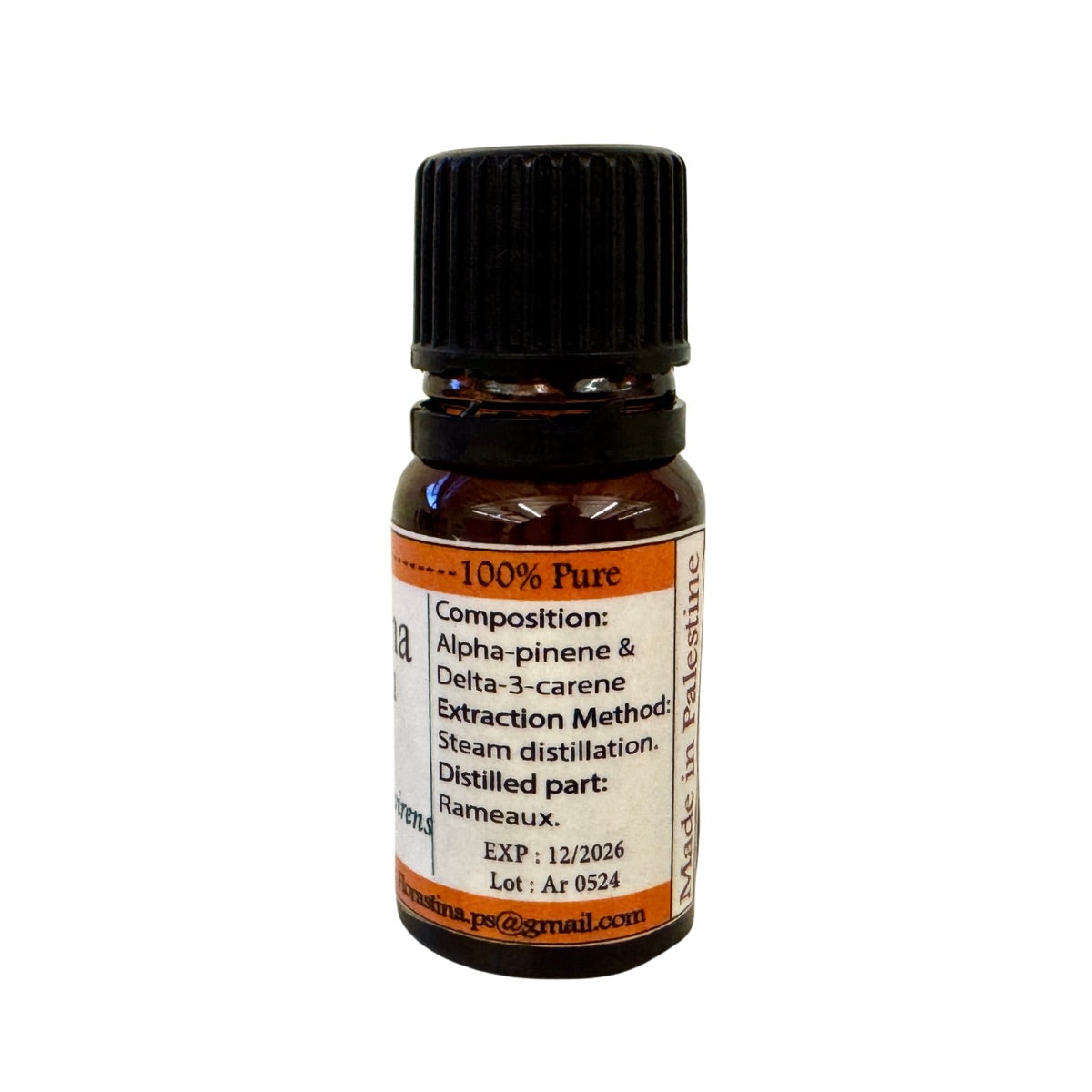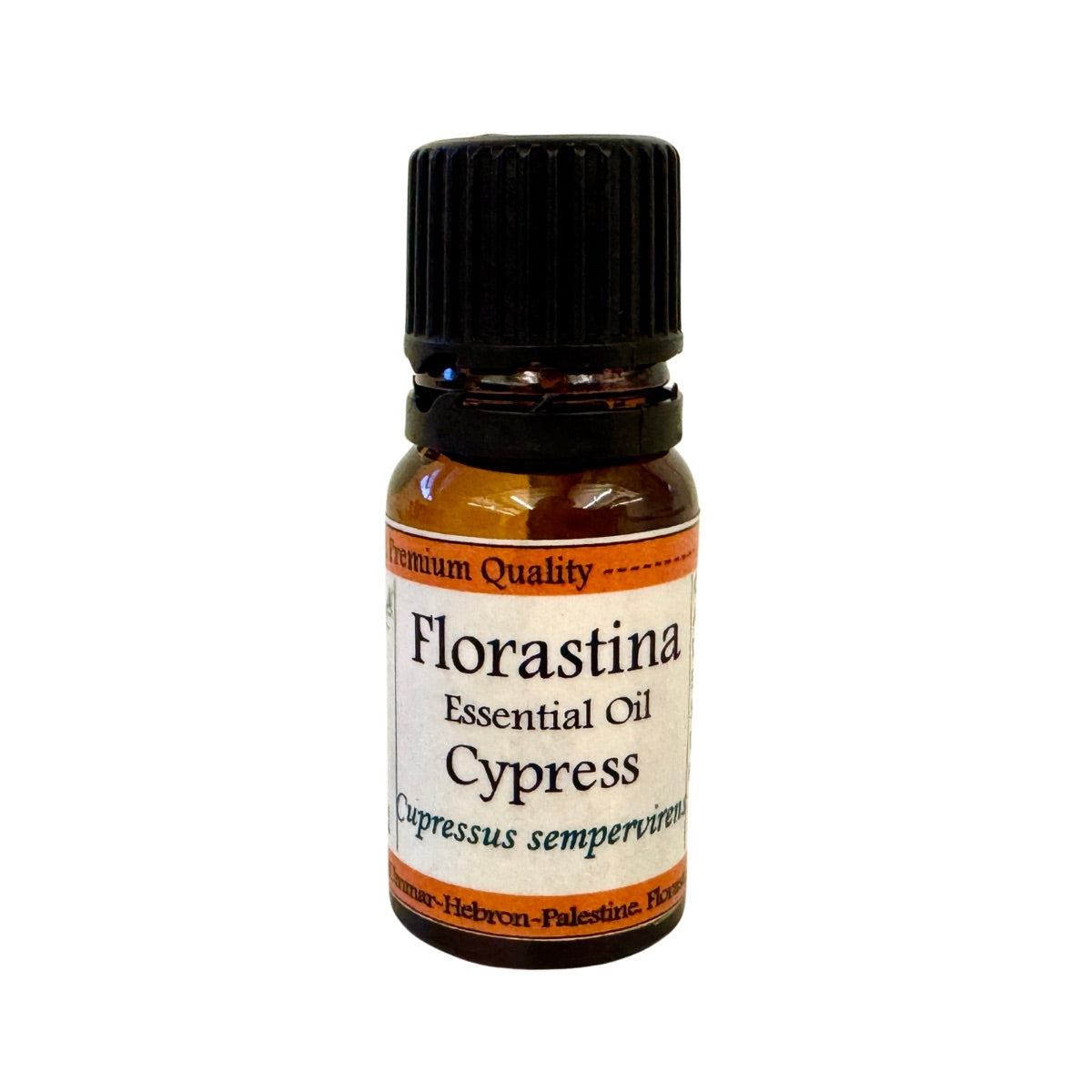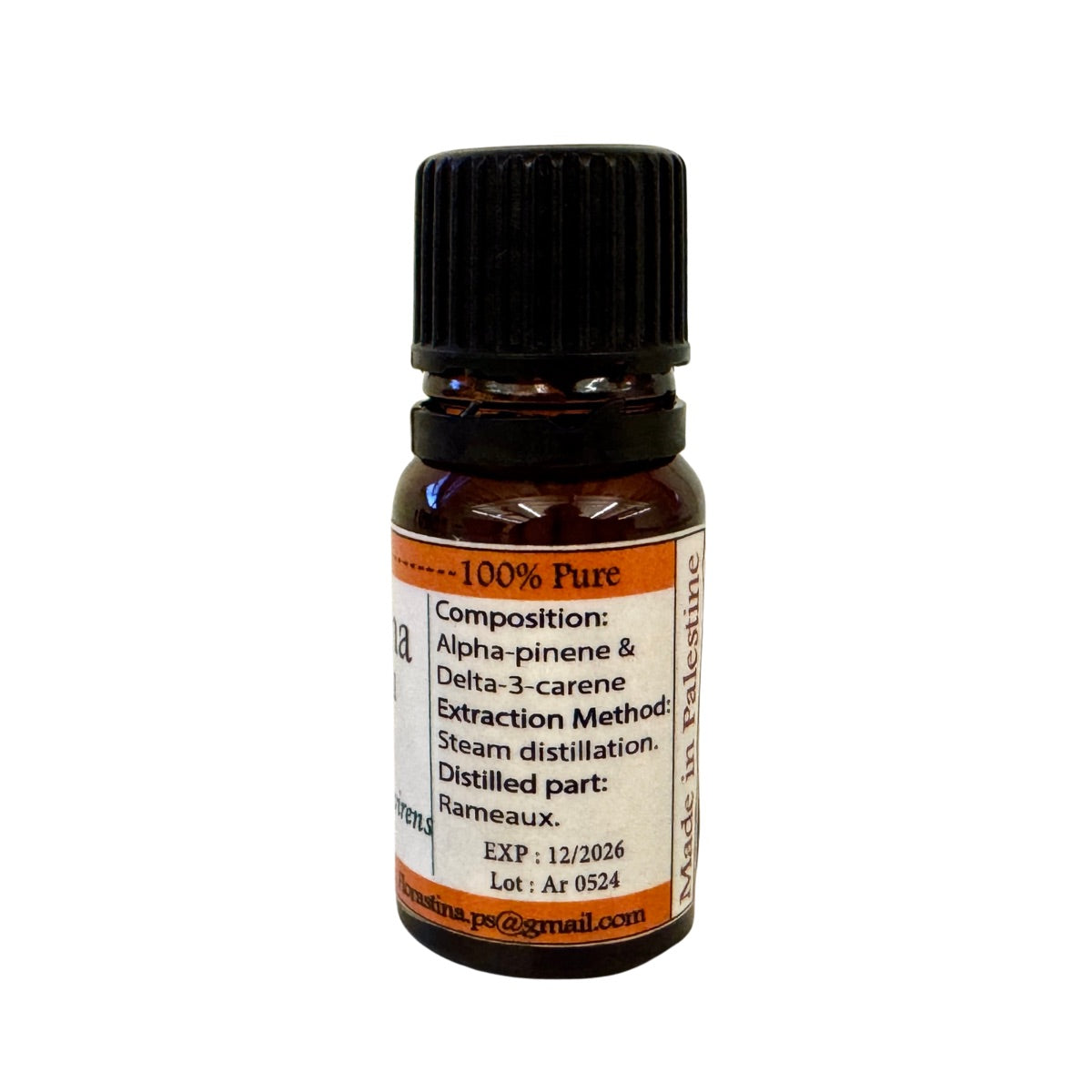PaliNova
Couldn't load pickup availability
Cypress trees, belonging to the Cupressaceae family, are evergreen conifers that are highly valued for their ecological and cultural significance. These trees are native to various regions, including the Mediterranean, North America, and parts of Asia. Cypress trees are known for their tall, slender trunks and dense foliage, which provide excellent windbreaks and shade. They are often found in wetlands and along riverbanks, where their extensive root systems help to stabilize soil and prevent erosion.
Ecologically, cypress trees play a crucial role in their habitats. They are highly resistant to wind and can thrive in wet, swampy conditions, making them vital for flood mitigation. Cypress swamps act like giant sponges, absorbing excess water and trapping sediments, which helps to reduce the impact of floods and maintain water quality. These trees also provide important habitats for a variety of wildlife, including birds, mammals, and amphibians.
Culturally, cypress trees have been significant in various traditions. In many cultures, they symbolize longevity, endurance, and mourning. For instance, in ancient Greece and Rome, cypress trees were often planted in cemeteries as symbols of eternal life and as markers of sacred spaces. In modern times, they continue to be valued for their aesthetic appeal and are commonly used in landscaping and as ornamental trees.
In Palestinian folk medicine, cypress trees have been utilized for their medicinal properties for centuries. The various parts of the tree, including the leaves, cones, and bark, are used to prepare remedies for a range of ailments. Traditional healers often use cypress in the form of teas, infusions, and poultices.
One of the primary uses of cypress in Palestinian folk medicine is for respiratory conditions. The leaves and cones are boiled to create a steam inhalation treatment that helps to clear congestion and soothe the respiratory tract. This is particularly effective for treating colds, coughs, and bronchitis. The antimicrobial properties of cypress also make it useful for treating infections and preventing the spread of illness.
Cypress is also used to treat skin conditions and wounds. The astringent properties of the plant help to tighten tissues and reduce inflammation, making it effective for treating cuts, bruises, and insect bites. A poultice made from cypress leaves can be applied to the skin to promote healing and prevent infection.
In addition to its medicinal uses, cypress has a place in Palestinian cultural practices. The wood is often used in construction and carpentry due to its durability and resistance to decay. Cypress branches are also used in traditional rituals and ceremonies, symbolizing protection and purification.
About the Oil
Cypress essential oil is extracted from the leaves, twigs, and cones of the cypress tree through steam distillation. The oil is typically clear to pale yellow in color and has a fresh, woody aroma with hints of earthiness and spice. The scent is invigorating and grounding, making it a popular choice in aromatherapy.
The chemical composition of cypress essential oil is complex and includes a variety of compounds that contribute to its therapeutic properties. Key constituents include alpha-pinene, carene, limonene, and cedrol. Alpha-pinene, which is also found in pine and other coniferous trees, is known for its anti-inflammatory and antimicrobial effects. Carene has decongestant properties, making it useful for respiratory issues. Limonene, a common terpene in citrus oils, adds a refreshing note to the aroma and provides antioxidant benefits. Cedrol, a sesquiterpene alcohol, contributes to the oil's calming and sedative effects.
Research on Oil
Research on cypress essential oil has highlighted its potent antibacterial, antifungal, and anti-inflammatory properties. Studies have shown that the oil exhibits strong antimicrobial activity against a variety of bacterial strains, including Staphylococcus aureus and Escherichia coli. This makes it a potential natural alternative for treating bacterial infections and preventing the growth of harmful microbes.
The antifungal properties of cypress essential oil have also been well-documented. The oil has been found to be effective against several fungal species, including Candida albicans and Aspergillus niger. These findings suggest that the oil could be used to treat fungal infections and as a natural preservative in food and cosmetic products to inhibit fungal growth.
In addition to its antimicrobial effects, cypress essential oil has demonstrated significant anti-inflammatory activity. Research indicates that the oil can reduce inflammation by inhibiting the production of pro-inflammatory cytokines and enzymes. This makes it a valuable natural remedy for conditions characterized by inflammation, such as arthritis, muscle pain, and skin irritations.
Health Benefits of Cypress Essential Oil
Cypress essential oil offers a wide range of health benefits, making it a versatile addition to any natural health regimen. Its antimicrobial properties make it effective in treating infections and preventing the spread of harmful bacteria and fungi. The oil can be applied topically to wounds, cuts, and insect bites to promote healing and prevent infection.
The anti-inflammatory properties of cypress essential oil make it beneficial for relieving pain and reducing inflammation. It can be used to alleviate symptoms of arthritis, muscle pain, and joint stiffness. When diluted and applied to the skin, the oil provides a soothing effect, helping to reduce swelling and discomfort.
Cough Relief: Although there are no direct studies on the effects of cypress essential oil on coughing, it contains camphene, a molecule often found in herbal cough suppressants. Inhaling cypress oil through a diffuser or adding it to a warm bath diluted with a carrier oil may provide relief
Hemorrhoid Treatment: Cypress oil, when added to a carrier oil and applied to hemorrhoids, may help soothe the area and kill certain bacteria. It can be beneficial in treating swollen veins around the rectum and anus.
Wart Control: Due to its antibacterial and antiviral properties, cypress oil is commonly used to treat warts caused by the human papillomavirus (HPV). However, it's important to consult a doctor if you have warts to determine the underlying cause
Wound Healing and Infection Prevention: Cypress essential oil's antimicrobial and antibacterial properties make it effective in cleaning and healing cuts and wounds. It should be diluted with a carrier oil before applying to a wound
Acne Treatment: Cypress oil is commonly recommended for treating acne due to its antimicrobial properties. Diluting the oil in a carrier oil and applying it topically can help reduce the severity of acne by killing bacteria. It's important to dilute essential oils before applying to the skin, especially if you have sensitive skin
Varicose Vein Relief: Although there is no scientific evidence proving its effectiveness, many people use cypress essential oil to treat varicose veins. It is often used in aromatherapy massage or diluted with a carrier oil for topical application
Muscle Pain Relief: Cypress oil is known as an antispasmodic, meaning it can help reduce muscle pain and cramps. However, more studies are needed to confirm its effectiveness in soothing muscle pain. It should always be diluted in a carrier oil before applying to the skin
Cellulite Reduction: Cypress oil is often recommended to reduce the appearance of cellulite. However, there is currently no scientific evidence to support this claim
Body Odor Control: Cypress essential oil has a pleasant aroma and is often added to natural deodorants to reduce unpleasant body odor. It should be patch tested on the inner forearm before using it on the sensitive skin under the arms
Anxiety and Stress Relief: Cypress oil has a relaxing and enjoyable smell, and it has been used in aromatherapy massage to reduce self-reported anxiety and depression levels. However, more research is needed to determine its effectiveness in reducing anxiety when used alone.
How to Use Cypress Essential Oil
Cypress essential oil can be used in various ways to harness its therapeutic benefits. For topical applications, it is important to dilute the oil with a carrier oil, such as coconut or jojoba oil, to prevent skin irritation. A typical dilution ratio is 2-3 drops of essential oil per teaspoon of carrier oil. This mixture can be applied to the skin to relieve pain, reduce inflammation, and promote healing.
For respiratory issues, the oil can be used in steam inhalation. Add a few drops of the oil to a bowl of hot water, cover your head with a towel, and inhale the steam. This helps to clear congestion, soothe the respiratory tract, and alleviate symptoms of colds and flu.
The oil can also be diffused to create a calming and relaxing atmosphere. Add a few drops to an essential oil diffuser and allow the aroma to fill the room. This can help to reduce stress, improve mood, and promote relaxation.
Precautions
While cypress essential oil offers numerous health benefits, it is important to use it with caution. The oil is highly concentrated and should always be diluted before topical application to avoid skin irritation. It is recommended to perform a patch test before using the oil on larger areas of the skin.
Pregnant and breastfeeding women should consult with a healthcare professional before using the oil, as some of its components may not be safe for use during pregnancy. Additionally, individuals with sensitive skin or allergies should use the oil with caution and discontinue use if any adverse reactions occur.
The oil should be kept out of reach of children and pets, and it should not be ingested unless under the guidance of a qualified healthcare provider. Ingesting essential oils can be harmful and may cause serious health issues.
Conclusion
Cypress essential oil is a versatile and potent natural remedy with a wide range of health benefits. Its antimicrobial, anti-inflammatory, and respiratory properties make it a valuable addition to any natural medicine cabinet. However, it is important to use the oil with caution and follow proper guidelines to ensure safe and effective use. With its rich history in traditional medicine and its proven therapeutic effects, cypress essential oil continues to be a cherished and beneficial natural remedy.
Dimensions
Dimensions
Care Instructions
Care Instructions




